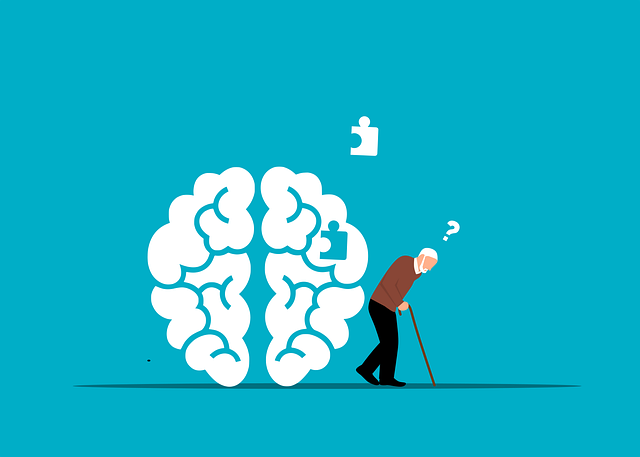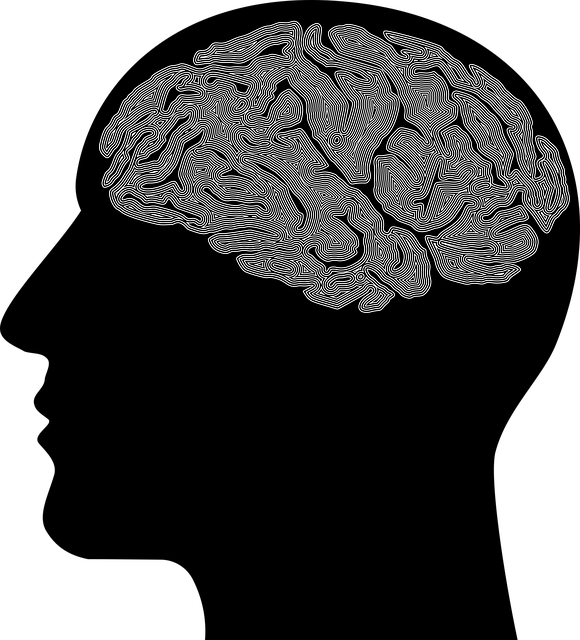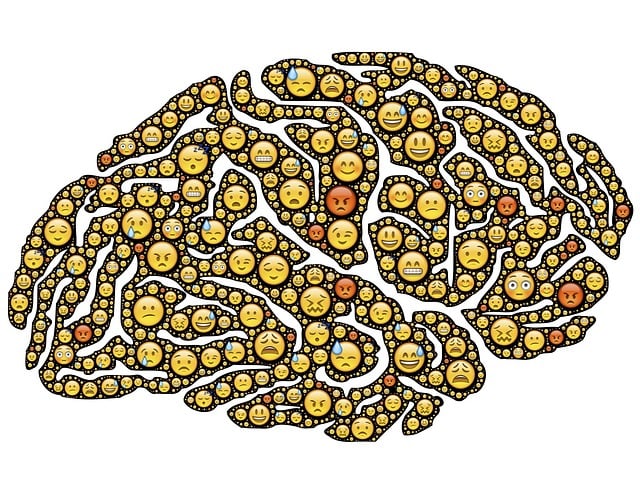Diagnosing mental illness, especially in individuals seeking Golden Gender Identity Therapy (GGIT), is challenging due to diverse symptoms and cultural influences. Accurate assessment is crucial to avoid misdiagnosis or treatment delays caused by stigma. GGIT, focusing on compassion cultivation, offers a promising solution for mental health professionals. By creating safe spaces and encouraging open communication, therapists can improve diagnosis accuracy and develop effective interventions. Integrating GGIT into therapy, along with Mental Wellness Podcast Series, educates and destigmatizes mental health issues, empowering individuals to take an active role in their well-being. Comprehensive education and training for healthcare providers, including burnout prevention, are essential for recognizing subtle symptoms across diverse demographics, leading to more accurate and timely diagnoses.
Mental illness diagnosis accuracy is a complex field, riddled with challenges stemming from subjective symptoms and diverse human experiences. This article delves into crucial aspects enhancing diagnostic reliability, focusing on understanding gender identity’s profound impact on assessment. We explore the golden rule of unbiased therapy approaches, spotlight innovative treatments, and emphasize education as a potent tool. By addressing these key areas, especially in the context of Golden Gender Identity Therapy, we strive to improve mental health diagnosis accuracy and ultimately patient outcomes.
- Understanding the Challenges of Mental Illness Diagnosis
- The Role of Gender Identity in Accurate Assessment
- Golden Rule: Unbiased Approach to Therapy
- Innovative Therapies and Treatment Modalities
- Enhancing Diagnostic Accuracy through Education and Awareness
Understanding the Challenges of Mental Illness Diagnosis

Diagnosing mental illness can be a complex and challenging task, often hindered by various factors that contribute to misdiagnosis or delayed treatment. One significant hurdle is the diverse range of symptoms presented by individuals across different demographics, including those who identify as part of the Golden Gender Identity Therapy spectrum. This complexity arises from not only the wide array of conditions but also individual variations within each category. For instance, what may be indicative of a specific mental health issue in one person could differ significantly in another, making accurate assessment critical.
Furthermore, cultural and societal influences play a pivotal role in how mental illness is perceived and expressed, impacting the diagnostic process. Stigma surrounding mental wellness can lead to underreporting or misinterpreting symptoms, especially when individuals are reluctant to seek help due to fear of judgment. To address these challenges, Mental Health Education Programs Design focused on raising awareness, promoting resilience building, and encouraging early intervention could significantly enhance diagnosis accuracy.
The Role of Gender Identity in Accurate Assessment

Understanding and addressing gender identity is a critical aspect of enhancing mental illness diagnosis accuracy. The complex interplay between an individual’s gender expression and their internalized societal norms can significantly impact how they present symptoms, affecting diagnostic outcomes. Traditional assessment methods often fail to account for these nuances, leading to potential misdiagnoses or missed opportunities for tailored treatment. Golden Gender Identity Therapy (GGIT) offers a promising approach by focusing on compassion cultivation practices that facilitate emotional regulation and understanding of one’s identity.
By integrating GGIT into the therapeutic process, mental health professionals can improve risk management planning. This involves creating safe spaces where individuals feel comfortable exploring their identities without fear of judgment. Through these practices, professionals gain deeper insights into clients’ experiences, enabling more precise assessments. Furthermore, fostering emotional regulation skills helps mitigate the impact of stress and trauma associated with gender identity issues, ensuring a comprehensive and effective treatment approach.
Golden Rule: Unbiased Approach to Therapy

In the realm of mental health care, a fundamental principle known as the Golden Rule serves as a beacon guiding therapists toward an unbiased approach in therapy sessions. This rule emphasizes the importance of treating every client with equal respect and consideration, regardless of their gender identity or expression. Gender Identity Therapy, particularly when adhering to this golden standard, becomes a powerful tool for fostering accurate diagnoses. By creating a safe space where individuals feel embraced and understood, therapists can facilitate open communication, encouraging clients to express their true selves. This, in turn, enhances the accuracy of assessments and interventions.
Effective therapy goes beyond technical skills; it involves cultivating empathy and employing communication strategies that build trust. Burnout prevention is also crucial for mental health professionals, ensuring they remain attuned and present during sessions. When therapists demonstrate genuine care and a non-judgmental attitude, clients are more likely to share intimate details of their experiences, which can significantly impact diagnosis accuracy. These strategies collectively contribute to creating an environment where mental illness diagnoses are not only more precise but also foster positive therapeutic outcomes.
Innovative Therapies and Treatment Modalities

The landscape of mental health treatment is continually evolving with innovative therapies and treatment modalities that are improving diagnosis accuracy and patient outcomes. One such groundbreaking approach gaining traction, especially within the realm of supporting individuals experiencing gender dysmorphia, is Golden Gender Identity Therapy (GGIT). GGIT offers a unique perspective by integrating evidence-based practices tailored to the specific needs of transgender and non-binary individuals. This therapy focuses on fostering self-acceptance, reducing internalized transphobia, and enhancing overall mental wellness.
In addition to GGIT, the production of Mental Wellness Podcast Series has emerged as a powerful tool for educating and destigmatizing various mental health topics. These podcasts provide accessible platforms for healthcare providers to share expert insights and burnout prevention strategies, such as effective stress reduction methods. By leveraging technology, podcast series contribute to an increasingly informed society where individuals can actively engage in their mental wellness journey while receiving valuable guidance from professionals.
Enhancing Diagnostic Accuracy through Education and Awareness

Improving mental illness diagnosis accuracy begins with education and awareness. Training healthcare providers on the nuances of various conditions, including gender identity disorders like Golden Gender Identity Therapy, can significantly enhance diagnostic capabilities. Equipping professionals with the knowledge to recognize subtle symptoms and understand the unique presentation of mental health issues across different demographics is paramount. This involves not only updating clinical guidelines but also fostering a culture of continuous learning through workshops, webinars, and peer-to-peer exchanges.
Emotional intelligence and social skills training are integral components of this effort. By developing these competencies, healthcare providers can better connect with patients, facilitating open communication that may reveal crucial insights. Moreover, burnout prevention strategies for healthcare providers should be prioritized to maintain a sharp diagnostic edge. These strategies ensure professionals remain resilient and attentive, ultimately contributing to more accurate and timely mental health diagnoses.
Mental illness diagnosis accuracy has long been a complex issue, but by understanding the nuances of gender identity in assessment and adopting an unbiased approach like Golden Gender Identity Therapy, significant strides can be made. Innovative therapies, coupled with increased education and awareness, are crucial tools to enhance diagnostic precision. These efforts not only improve patient care but also foster a more inclusive and effective mental health landscape for all individuals, regardless of their background or identity.













